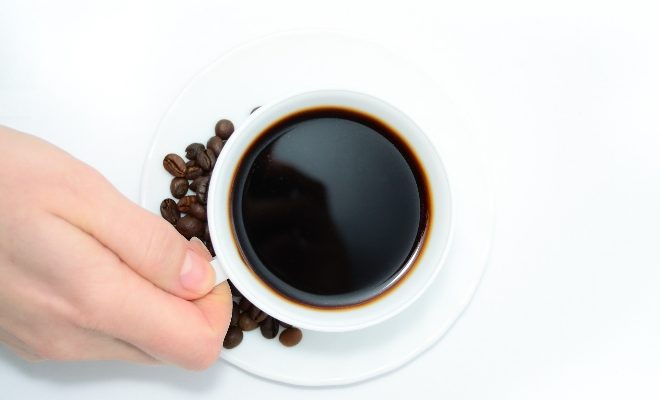
Health x Wellness
Caffeine consumption: Good and Bad
Think twice before letting caffeine take over you
If you have not been getting a good sleep, caffeine might be the go-to solution for keeping yourself awake. But how much is too much? What happens if the stimulant becomes an addiction?
Here are some advantages and disadvantages of consuming caffeine that you should take note of before cutting coffee out of your diet completely.
Caffeine
Found in sources such as tea, coffee and cacao plants, caffeine stimulates your brain and central nervous system into staying alert and awake.
Caffeine can also be attained from energy drinks, food or even medication such as painkillers. When caffeine is being consumed, it is separated from the bloodstream and broken down further into compounds. It is capable of affecting several organs in the body, especially the brain. Too much caffeine intake can result in a slight addiction and trigger reactions such as an increase in blood pressure.
Good for the Body
Caffeine minimises the risk of Alzheimer’s disease and dementia, especially when you drink three to five cups daily. Not only will the stimulant enhance your memory, it will also increase your mental capabilities. For older women, caffeine helps to lower the risk of stroke and heart diseases too.
Besides stimulating the central nervous system, caffeine also increases metabolism and the rate of burning fat. This allows you to burn more calories throughout the day. However, being too dependent on caffeine does not help you to lose weight healthily. Diet and exercise is the ideal combination when it comes to weight loss.
Caffeine is a great way to increase the use of fat as fuel during workouts. It boosts the glucose that are stored in your muscles to provide sufficient energy for your body during long workout sessions.
Harmful to your Health
However, caffeine has its downsides too. Common after-effects include insomnia, where you might not be able to sleep due to high intake of a stimulant. Your body might also not be able to recuperate properly. Avoid drinking coffee or tea in the late afternoon to maximise the quality of your sleep at night.
The more caffeine you consume, the more jittery and anxious you might become. Some even found that caffeine could worsen heart palpitations and trigger panic attacks in the long run.
Make the right call
If you’ve been a coffee addict for quite some time, quitting this addiction might be of a challenge to you. An abrupt stop to coffee intake might cause withdrawal symptoms, such as headaches, brain fog, tiredness and irritability. This may last for days to weeks, depending on the severity of your addiction.
Everyone reacts differently to caffeine, depending on the condition of your body. If you developed certain allergies or suffering from side-effects of caffeine, make sure to consult a physician for professional help.







